As water becomes ever scarcer, the importance of conserving it can’t be emphasised enough. Every drop really does count. It’s up to us, as caretakers of Earth, to find ways to preserve this critical resource.
Water conservation might bring to mind grand projects and sprawling areas, but it actually begins much closer to home. Your plumbing system plays a surprisingly crucial role in this effort. Let’s delve into how it makes a difference.
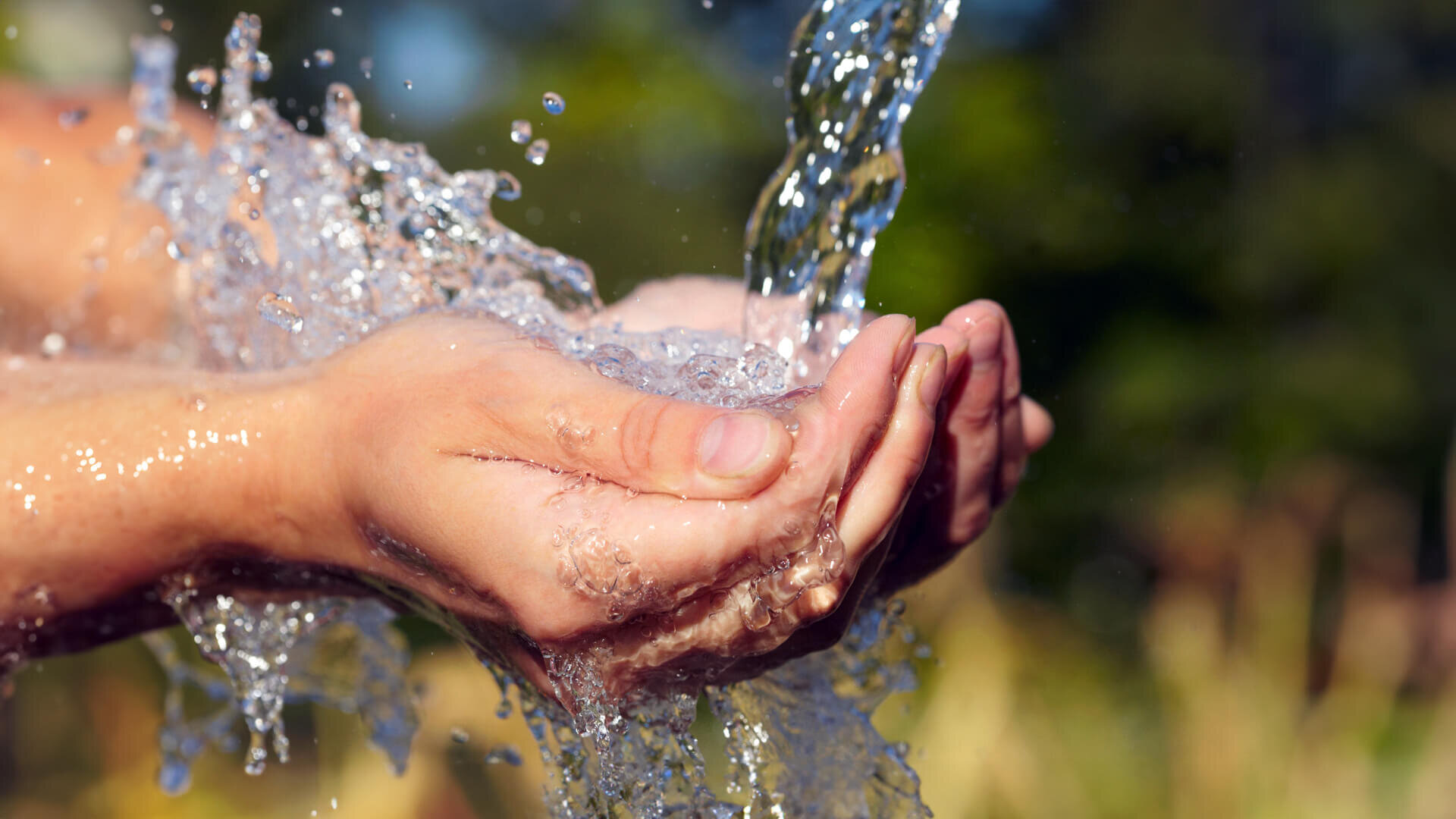
Understanding the Significance of Water Conservation
Water, the elixir of life, sustains all living beings on our planet. As our global population grows, the water demand escalates alongside it.
This is where water conservation steps into the spotlight, with its undeniable importance in maintaining a delicate balance between human needs and the health of our ecosystems.
Amidst concerns about depleting freshwater resources and the environmental toll of excessive usage, water conservation emerges as a crucial practice. By implementing simple yet effective strategies, we can collectively alleviate the strain on our water supply and minimise the ecological impact of wasteful practices.
Think about how much impact small actions can have, like fixing leaky taps, opting for water-saving appliances, or changing up our daily habits.
These seemingly minor adjustments can substantially reduce water consumption, preserve resources, lowerutility bills, and achieve a more sustainable future.
In addition, water conservation extends beyond our immediate surroundings. It plays a pivotal role in safeguarding aquatic habitats, supporting diverse ecosystems, and mitigating the effects of climate change. By embracing water-wise landscaping, responsible agricultural practices, and mindful industrial processes, we contribute to the resilience of our environment for generations to come.
Understanding the significance of water conservation involves recognising water as a finite and invaluable resource. Each drop we save today invests in our planet’s well-being and future generations’ prosperity.
By cultivating a culture of water consciousness, we empower ourselves to make a positive impact on both a local and global scale. As we delve deeper into water conservation, we unlock a path towards a more sustainable and harmonious coexistence with nature.
Identifying and Rectifying Water-Wasting Practices
Water flows seamlessly from our water-efficient taps in our modern lives, often taken for granted in abundance. However, this convenience comes at a cost as water scarcity becomes increasingly pressing. It’s imperative to recognise and address the water-wasting practices that contribute to this challenge, and by doing so, we can play an active role in conservation.
Spotting the issue is the first step. Leaky taps, running toilets, and unchecked irrigation can quietly waste a lot of water. Noticing even small drips and oddities can save us heaps in wastage. Make sure to keep up with regular maintenance and fix things promptly to keep your plumbing in tip-top shape.
Beyond indoor fixtures, outdoor water usage can be a significant culprit. Overwatering lawns, especially during peak sunlight hours, can result in evaporation and inefficient absorption. The concept of xeriscaping involves selecting drought-resistant plants and optimising irrigation systems, which can transform your outdoor space into a water-efficient oasis.
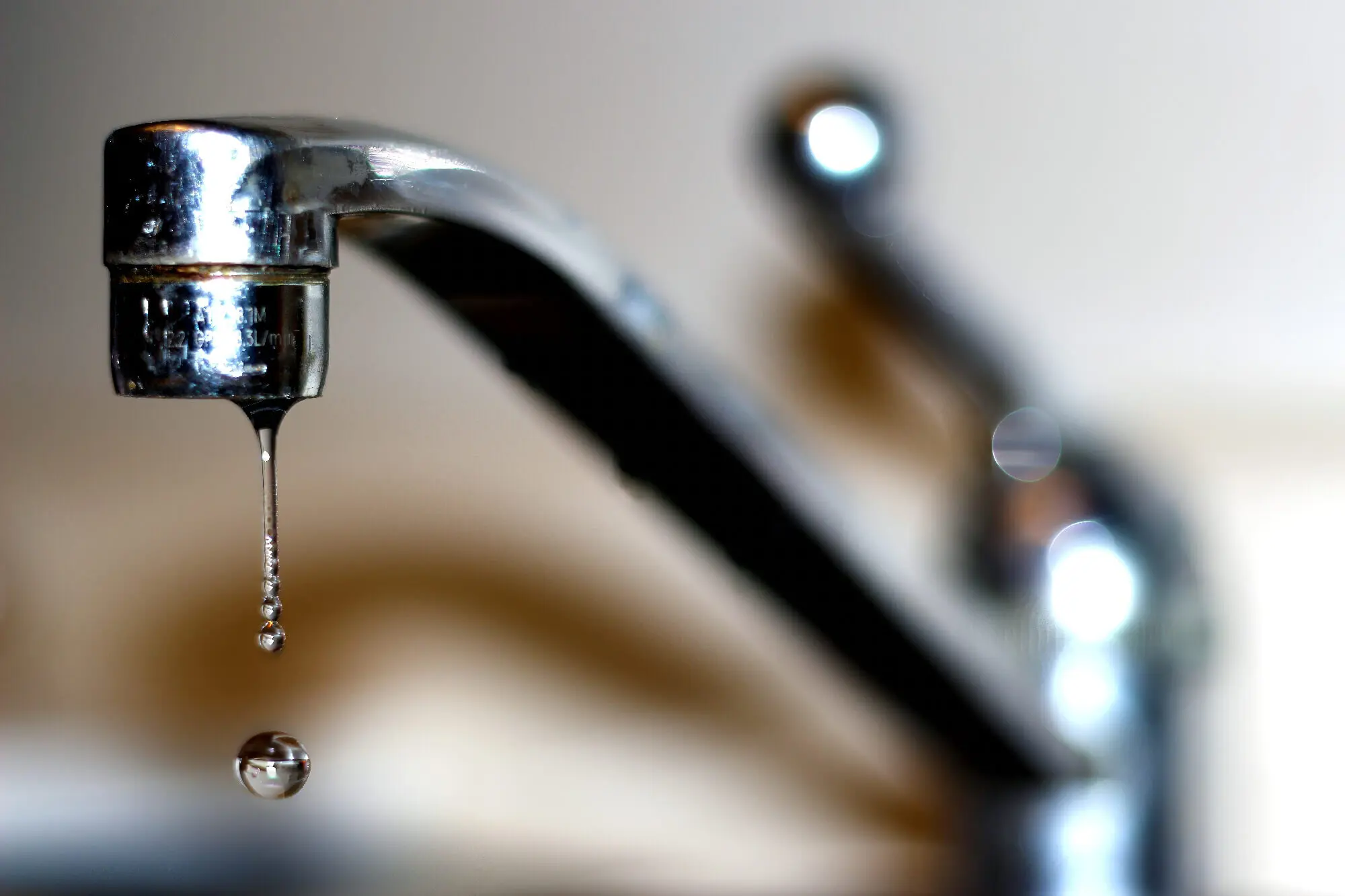
Daily habits also contribute to water waste. Long showers, half-full washing machine loads, and running the tap while brushing teeth are all examples of easily adjusted routines. We can significantly reduce our water footprint by adopting shorter showers, waiting for full loads, and turning off the tap when unnecessary.
Awareness of water-efficient appliances is vital as well. Upgrading to water-saving washing machines, dishwashers, and toilets can reduce water consumption without sacrificing functionality. Harnessing rainwater through rain barrels or installing low-flow faucets and shower heads can further amplify our conservation efforts.
Rectifying these water-wasting practices is not just an individual responsibility; it’s a collective endeavour. By educating ourselves and spreading awareness, we contribute to a culture of mindful water use.
Every move towards fixing these problems helps protect our planet’s crucial water supply for those to come. Spotting and correcting wasteful water habits empowers us to stride towards a more sustainable future.
Adopting Eco-Friendly Plumbing Fixtures and Technologies
Every decision we make counts in pursuing a more sustainable and environmentally conscious lifestyle. When it comes to our homes, one of the most impactful choices we can make is adopting eco-friendly plumbing fixtures and technologies. These innovations not only contribute to water conservation but also significantly reduce our carbon footprint.
One key area to consider is upgrading to low-flow faucets and showerheads. These ingenious fixtures maintain water pressure while significantly reducing water usage, allowing us to enjoy a refreshing shower or efficiently wash our hands without compromising comfort. By embracing these simple yet effective changes, we can save hundreds of gallons of water per year.
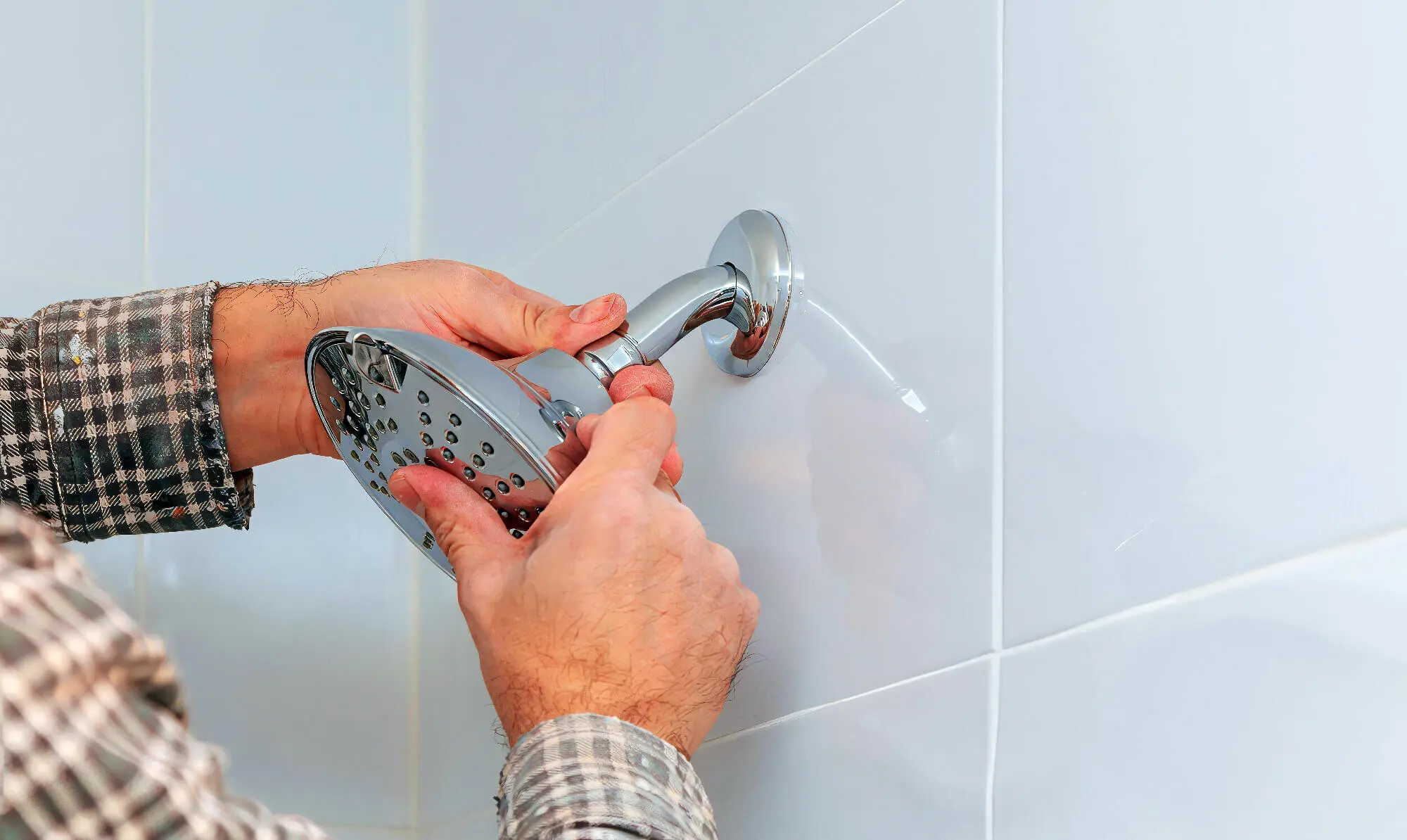
Toilets are another prime candidate for eco-friendly transformation. Traditional toilets can be water-intensive, using multiple gallons per flush. However, the advent of dual-flush toilets offers a game-changing solution. With the ability to select a low-volume flush for liquid waste and a higher-volume flush for solid waste, these toilets balance efficiency and effectiveness.
In kitchen sustainability, installing aerators on faucets can have a remarkable impact. These tiny devices mix air with water, creating a steady flow that feels just as satisfying while using significantly less water. This conserves water and reduces the energy required to heat it, leading to a double benefit for the environment and your utility water bills.
Embracing cutting-edge technologies can further amplify our efforts. Smart irrigation systems, for instance, use real-time weather data to determine optimal watering schedules, reducing overwatering and promoting healthier landscapes. Greywater recycling systems, which collect and treat water from sinks and showers for reuse in irrigation, offer an innovative way to reduce waste and conserve resources.
Efficient Irrigation Management for Water Conservation
Efficient irrigation is key to a sustainable home. Smart practices and water-saving tools conserve water and keep your garden thriving. Here are some top tips:
1. Native Plant Selection
Opt for native plants in your garden. They naturally adapt to the local climate and require less water to thrive. This reduces the need for excessive irrigation and promotes the health of your landscape.
2. Water Saving Shower Head for Garden Plant
Just as water-saving shower heads are effective indoors, consider using water-efficient irrigation devices like drip systems or soaker hoses for your garden. These tools deliver water directly to the root zone, minimising evaporation and runoff.
3. Rainwater Harvesting
Set up a rainwater tank to collect and store rainwater for irrigation purposes. This eco-friendly approach conserves water and provides native plants with natural, untreated hydration.
4. Deep Soak Method
Water your plants deeply but less frequently. This encourages deeper root growth and reduces the need for frequent watering. Remember, thorough soaking once or twice a week is often more effective than daily light sprinkling.
5. Smart Irrigation Controller
Invest in a smart irrigation controller that adjusts watering schedules based on weather conditions and plant needs. This technology prevents overwatering during rainy periods and ensures efficient water use.
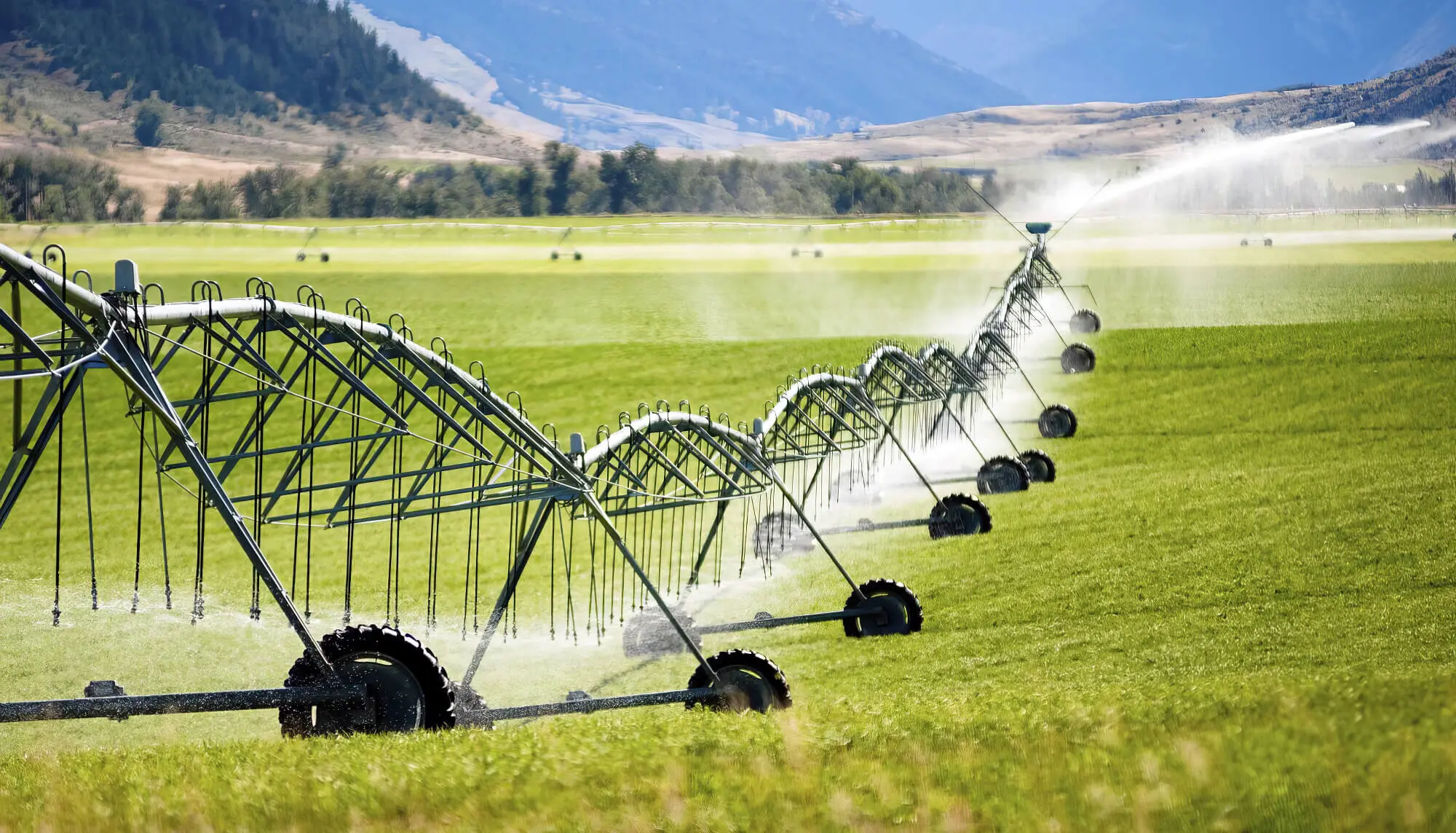
6. Mulching
Apply mulch around your plants to retain moisture, suppress weed growth, and regulate soil temperature. This simple step helps reduce water evaporation and keeps your garden thriving with less irrigation.
7. Grouping Plants
Arrange plants with similar water requirements together. This allows you to tailor your irrigation efforts to specific zones, avoiding overwatering some plants while underwatering others.
8. Regular Maintenance
Check for leaks, clogs, or damaged components in your irrigation system. Promptly repair any issues to prevent water wastage and ensure efficient water distribution.
9. Monitor Water Usage
Keep track of your water bill and meter readings to gauge your household’s water consumption. This awareness can help you identify trends and adjust your irrigation practices accordingly.
10. Time Your Watering
Water your garden during the cooler parts of the day, such as early morning or late afternoon, to reduce evaporation and ensure optimal plant water absorption.
Practical Tips for Optimising Residential Water Usage
Optimising our residential water usage takes centre stage in the quest for a more sustainable and water-efficient lifestyle. Implementing simple yet effective strategies can reduce our water footprint and contribute to a more environmentally conscious way of living.
Fix Leaks Promptly
Leaky faucets and pipes may seem inconspicuous, but they can waste significant water over time. To prevent unnecessary water loss, regularly inspect and promptly repair any leaks.
Upgrade to Water-Efficient Fixtures
Replace old faucets, showerheads, and toilets with water-efficient models. Low-flow fixtures maintain performance while drastically reducing average water consumption.
Collect Rainwater
Set up rain barrels to collect rainwater from your roof. This natural resource can be used for watering plants and gardens, reducing reliance on treated tap water.
Embrace Smart Irrigation
Install a smart irrigation system that adjusts watering schedules based on weather conditions. This prevents overwatering and ensures your landscaping receives just the right amount of moisture.
Practice Responsible Lawn Care
Adjust your lawn mower to a higher setting. Longer grass shades the soil, reducing evaporation and promoting healthier root systems.
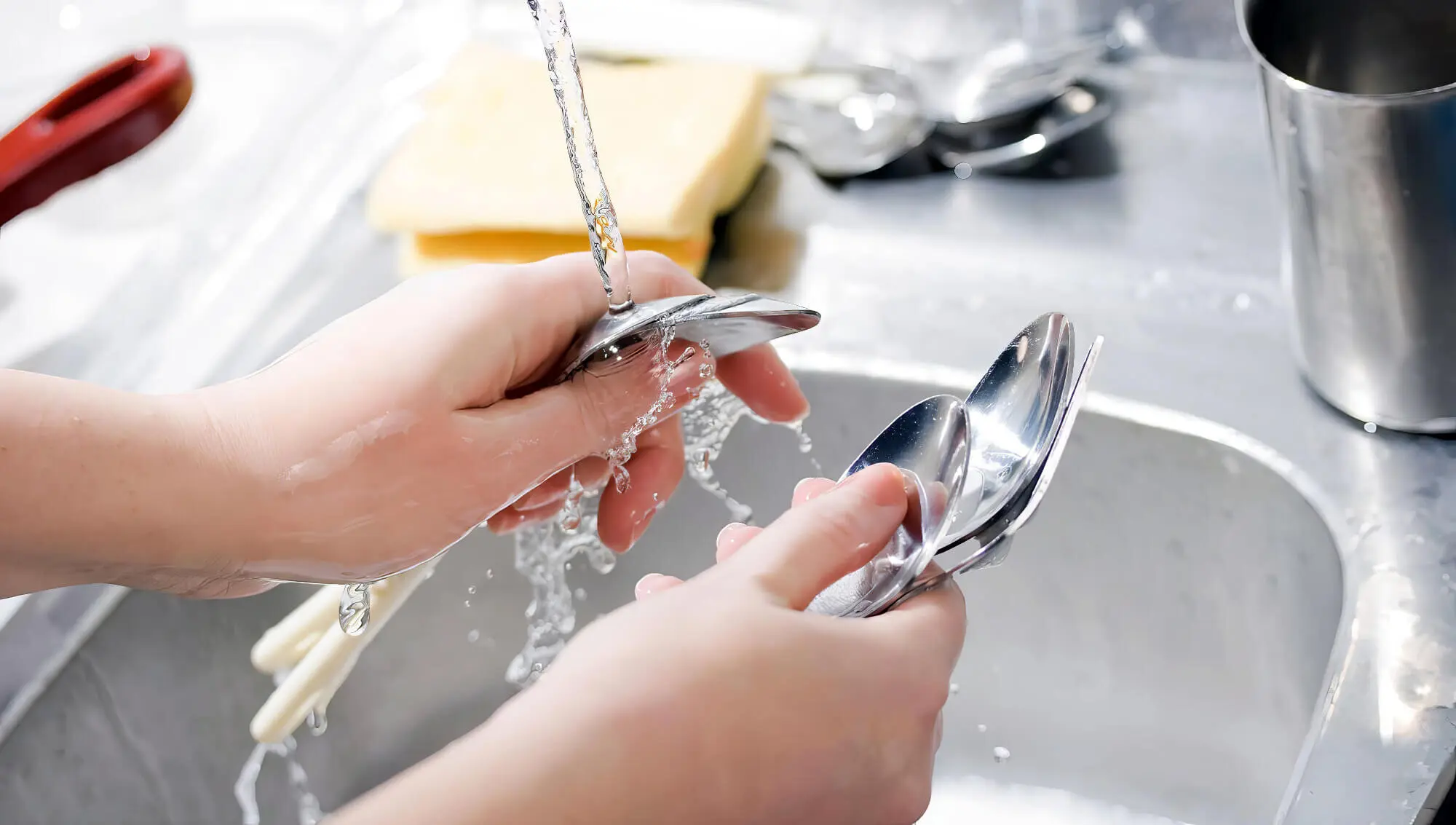
Mindful Dishwashing and Laundry
Wait for full loads before running your dishwasher or washing machine. When hand-washing dishes, fill a basin instead of letting the tap run continuously.
Shorten Shower Time
Aim for shorter showers, and consider installing a timer to help you stay on track. Cutting down shower time even by a minute or two can lead to significant water savings.
Repurpose Greywater
Collect and reuse greywater (from the kitchen sink, showers, and laundry) for irrigation. Properly treated, greywater can provide a valuable water source for your garden.
Check Toilet Efficiency
Consider replacing older toilets with dual-flush models or placing a displacement device in the tank to reduce water used per flush.
Mind the Tap
Turn off the tap while brushing your teeth, washing your face, or scrubbing dishes. This simple habit can save water each day.
Educate and Involve
Spread awareness about water conservation within your household. Involve family members in adopting water-wise practices to maximise the impact.
Everyday Water Conservation Tips for Your Home
Living sustainably isn’t only about recycling and cutting down on energy use. Water conservation is often missed in the mix. By weaving water-saving habits into your daily life, you save this precious resource and both the planet and your pocket will thank you. Here’s how to make water efficiency part of your everyday routine:
Mindful Showering: Opt for shorter showers instead of a long hot shower and consider installing water-saving shower heads. These efficient fixtures minimise water usage while providing a refreshing experience. Using a shower timer can help you keep track of time and avoid lingering in the shower.
Toilet Tactics: If possible, switch to a dual flush toilet, which allows you to choose a lower water volume for liquid waste and a higher volume for solid waste. Also, placing a weighted object in the toilet tank can reduce the water used per flush.
Dish Duty: When washing dishes, fill the sink with soapy water and a separate basin for rinsing rather than running the tap continuously using a dishwasher. Ensure it’s fully loaded before starting a cycle.
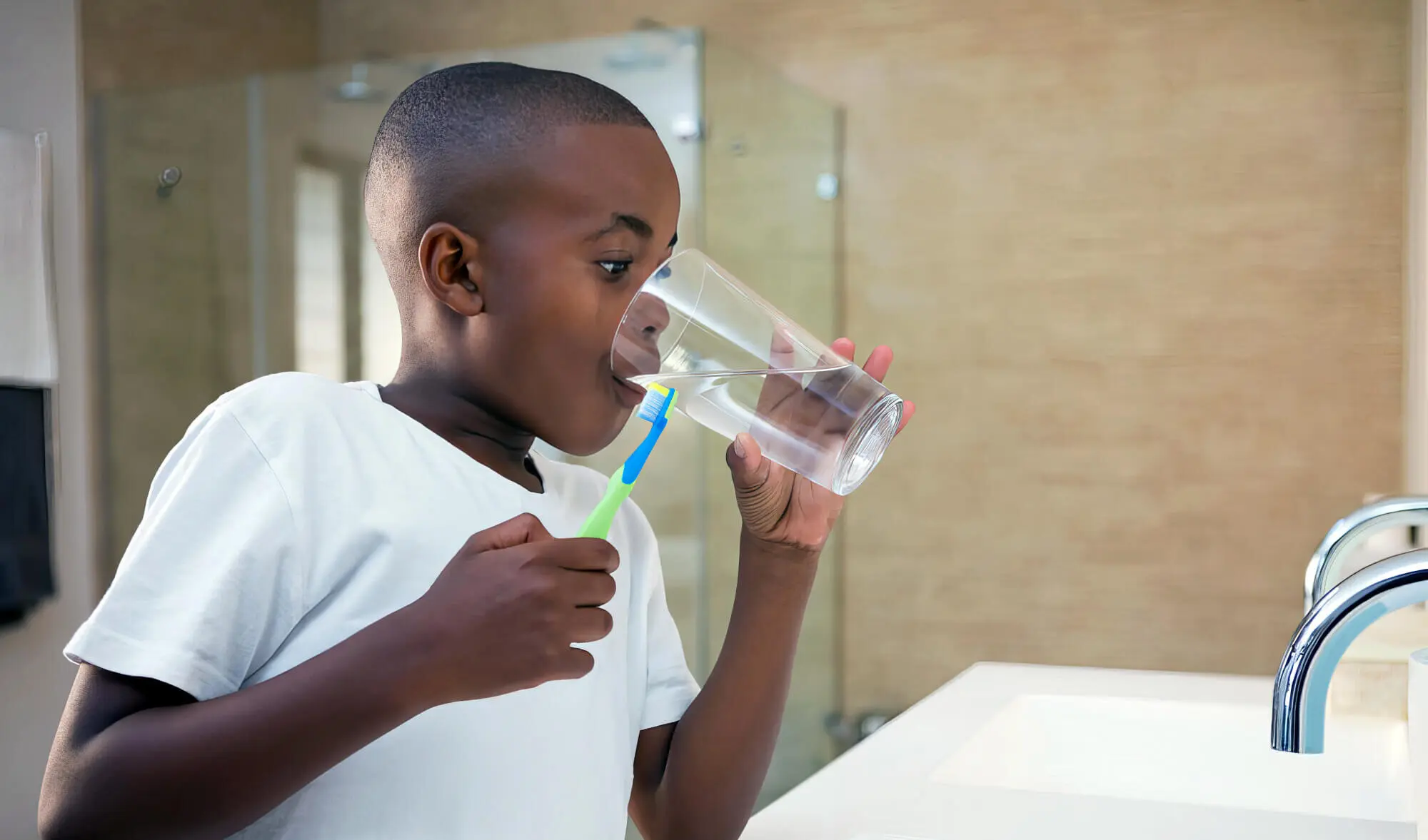
Laundry Wisdom: Wait until you have a whole load of laundry before using the washing machine. Modern washing machines are designed to be water-efficient, especially when handling larger loads.
Outdoor Considerations: Water your garden during the cooler parts of the day to minimise evaporation, and use a trigger nozzle for precise watering. Grouping plants with similar water needs together can prevent over- or under-watering.
Pool Precautions: Cover your pool with a pool cover when it’s not in use to reduce water evaporation and the need for frequent refilling. Regularly check for leaks and fix them promptly to prevent wastage.
Kitchen Efficiency: Collect excess rinse water or leftover drinking water to hydrate your plants. Use a dish rack to air-dry dishes instead of using constant streams of hot water.
Detect and Repair: Regularly check for leaks in faucets, pipes, and toilets. A dripping faucet may seem insignificant, but it can waste water over time.
Connect with Fixed Today Plumbing
In conclusion, water conservation is an imperative responsibility that we must embrace. By understanding our plumbing systems’ pivotal role in this effort, we can significantly contribute to safeguarding our planet’s precious water resources. Fixing leaks, adopting efficient fixtures, and practising mindful water usage are vital steps that can profoundly impact.
Ready to make sure your plumbing is saving water effectively? Reach out to Fixed Today. They’re experts at aligning plumbing solutions with water preservation goals. Don’t hold back; get in touch with Fixed Today and do your bit for a sustainable future where every drop truly matters.














